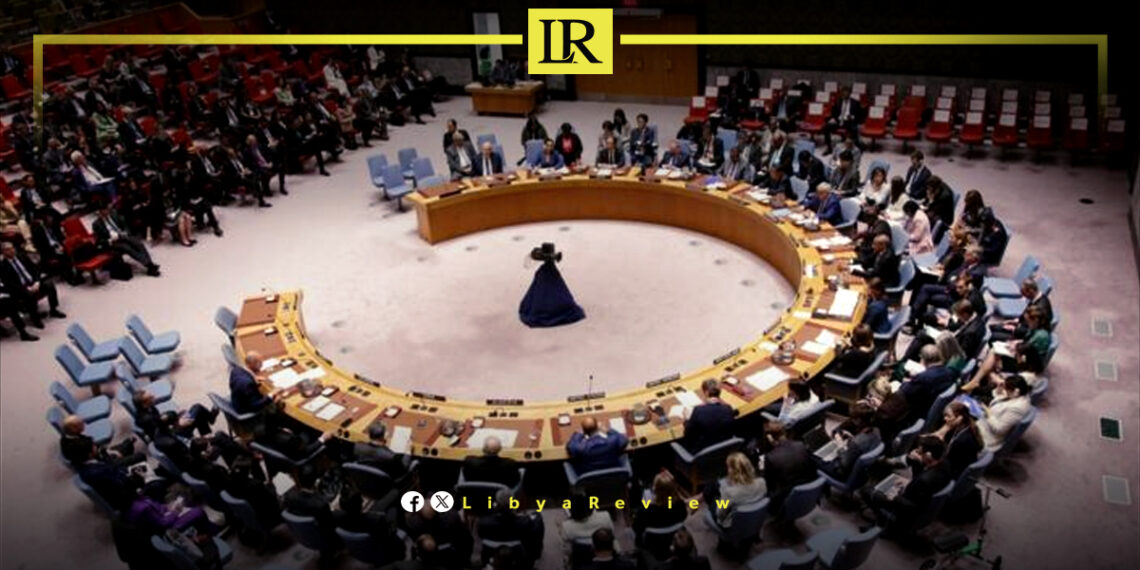In its recent statement to the United Nations Security Council, France’s representative emphasized the pivotal role of international justice in fostering peace and stability in Libya, a nation ravaged by conflict since 2011. France reiterated its commitment to supporting the International Criminal Court (ICC) in holding perpetrators of heinous crimes accountable, including atrocities committed by ISIS and human rights violations against migrants and refugees.
The ICC has announced six new arrest warrants related to crimes in Tarhuna, a site of grave human rights violations that have shocked Libyan and international communities. The French representative lauded this development as a crucial step toward justice for victims, expressing hope for trials to commence by 2025.
Despite progress, the deteriorating security situation in Libya remains a significant hurdle for the ICC. Ongoing violence disrupts the prosecutor’s office operations, underscoring the urgent need for effective Libyan cooperation and a secure environment to facilitate unimpeded investigations.
To bolster justice efforts, France has called for establishing an ICC coordination office in Tripoli. Although security challenges persist, such an office would streamline the collection of evidence and witness testimonies, expediting judicial processes and promoting deterrence.
France commended the ICC prosecutor’s new victim-centered strategy, which prioritizes survivors in investigation and prosecution processes. This approach not only seeks justice but also aims to compensate victims and prevent future atrocities.
Acknowledging the ICC’s critical role, France highlighted financial and human resource constraints hindering its objectives. The French envoy urged member states to allocate adequate budgets to support investigations in Libya, emphasizing that justice cannot be achieved without sufficient resources.
France views its support for international justice in Libya as integral to realizing a vision of a unified, sovereign, stable, and democratic nation. Despite political and security obstacles, adherence to the path of international justice offers hope for national reconciliation and accountability.


